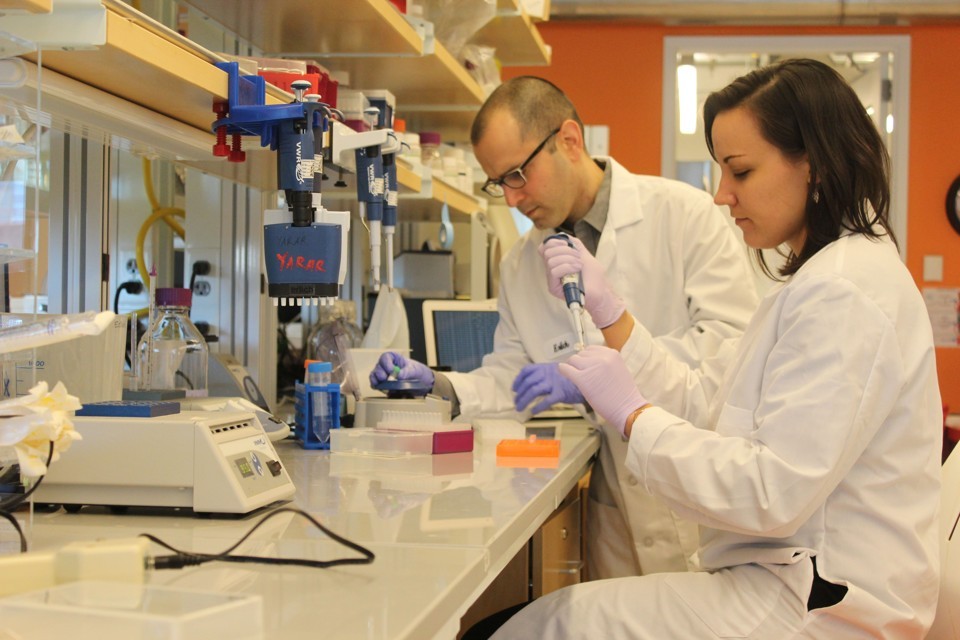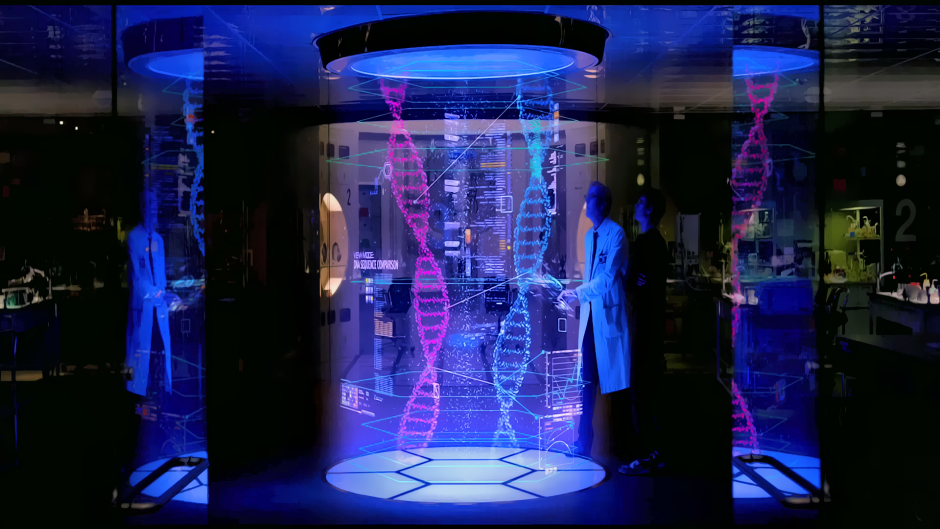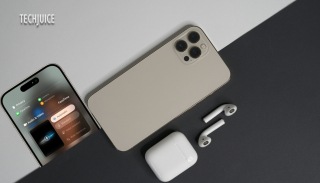Forget massive solid state storages as DNA may form hard disks in the future, a newly conducted study has confirmed.
A couple of researchers at Columbia University and the New York Genome Center got a paper published at the Science magazine. They have confirmed through an experiment that massive data that previously would have taken tonnes of magnetic tapes can be saved on tiny specks of DNA. Both the researchers were able to successfully store and recover files from DNA in a breakthrough achievement.
Yaniv Erlich and Dina Zielinski, the researchers involved, were able to successfully decode a full computer operating system, a French film, a $50 Amazon gift card, a computer virus, a Pioneer plaque and a 1948 study on a tiny speck of DNA. The researchers than successfully recovered the data.
Yaniv Erlich and Dina Zielinski, Image — New York Genome Center.
“DNA has several big advantages. First, it is much smaller than traditional media. In fact, we showed that we can reach a density of 215 Petabytes per gram of DNA! Second, DNA lasts for an extended period of time, over 100 years, which is orders of magnitude more than traditional media”, Erlich told ResearchGate.
The researchers compressed all the files within one file, and then divided that one file into strings made of 1s and 0s. Following a complex mapping algorithm, the researchers than embedded the data onto the four nucleotide bases of DNA. Using a barcode which they’ve had attached to each data packet, the researchers were later able to reassemble and extract the data on a software.
The researcher encoded the data on about 72,000 DNA strands. To put that in perspective, the researchers told that they can store 215,000 times the data stored on 1 Tera Byte of hard-disk in 1 gram of DNA. Definitely if done, this could open new horizons that would complement biology with computing.
Image is not referenced with the research — Courtesy Spiderman












